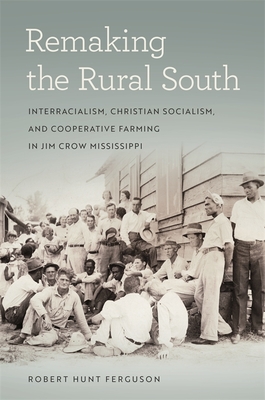Expedite your nonfiction book discovery process with Readara interviews, summaries and recommendations, Broaden your knowledge and gain insights from leading experts and scholars
In-depth, hour-long interviews with notable nonfiction authors, Gain new perspectives and ideas from the writer’s expertise and research, Valuable resource for readers and researchers
Optimize your book discovery process, Four-to eight-page summaries prepared by subject matter experts, Quickly review the book’s central messages and range of content
Books are handpicked covering a wide range of important categories and topics, Selected authors are subject experts, field professionals, or distinguished academics
Our editorial team includes books offering insights, unique views and researched-narratives in categories, Trade shows and book fairs, Book signings and in person author talks,Webinars and online events
Connect with editors and designers,Discover PR & marketing services providers, Source printers and related service providers

Remaking the Rural South: Interracialism, Christian Socialism, and Cooperative Farming in Jim Crow Mississippi
Political Science > Civil Rights
- University of Georgia Press
- Paperback
- 9780820358802
- 9.02 X 5.98 X 0.54 inches
- 0.77 pounds
- Political Science > Civil Rights
- (Single Author) Asian American
- English
Readara.com
Book Description
This is the first book-length study of Delta Cooperative Farm (1936-42) and its descendant, Providence Farm (1938-56). The two intentional communities drew on internationalist practices of cooperative communalism and pragmatically challenged Jim Crow segregation and plantation labor. In the winter of 1936, two dozen black and white ex-sharecropping families settled on some two thousand acres in the rural Mississippi Delta, one of the most insular and oppressive regions in the nation. Thus began a twenty-year experiment--across two communities--in interracialism, Christian socialism, cooperative farming, and civil and economic activism.
Robert Hunt Ferguson recalls the genesis of Delta and Providence: how they were modeled after cooperative farms in Japan and Soviet Russia and how they rose in reaction to the exploitation of small- scale, dispossessed farmers. Although the staff, volunteers, and residents were very much everyday people--a mix of Christian socialists, political leftists, union organizers, and sharecroppers--the farms had the backing of such leading figures as philanthropist Sherwood Eddy, who purchased the land, and educator Charles Spurgeon Johnson and theologian Reinhold Niebuhr, who served as trustees. On these farms, residents developed a cooperative economy, operated a desegregated health clinic, held interracial church services and labor union meetings, and managed a credit union. Ferguson tells how a variety of factors related to World War II forced the closing of Delta, while Providence finally succumbed to economic boycotts and outside threats from white racists.
Remaking the Rural South shows how a small group of committed people challenged hegemonic social and economic structures by going about their daily routines. Far from living in a closed society, activists at Delta and Providence engaged in a local movement with national and international roots and consequences.
Author Bio
Dr. Ferguson received his M.A. from Western Carolina University and his Ph.D. from the University of North Carolina at Chapel Hill. His book, "Race and the Remaking of the Rural South: Interracialism, Christian Socialism, and Cooperative Farming in Jim Crow Mississippi" was published with the University of Georgia Press in January 2018.
His work has appeared in the Journal of Southern History, the North Carolina Historical Review, and Arkansas Historical Quarterly. His research has been funded by the Center for the Study of the American South and the North Caroliniana Society.
Research Interests
North Carolina
Labor
American South
Environment
- Education
- Ph D, University of North Carolina at Chapel Hill
MA, Western Carolina University
BA, Western Carolina University
Source: Western Carolina University
Videos


Community reviews
No Community reviews

